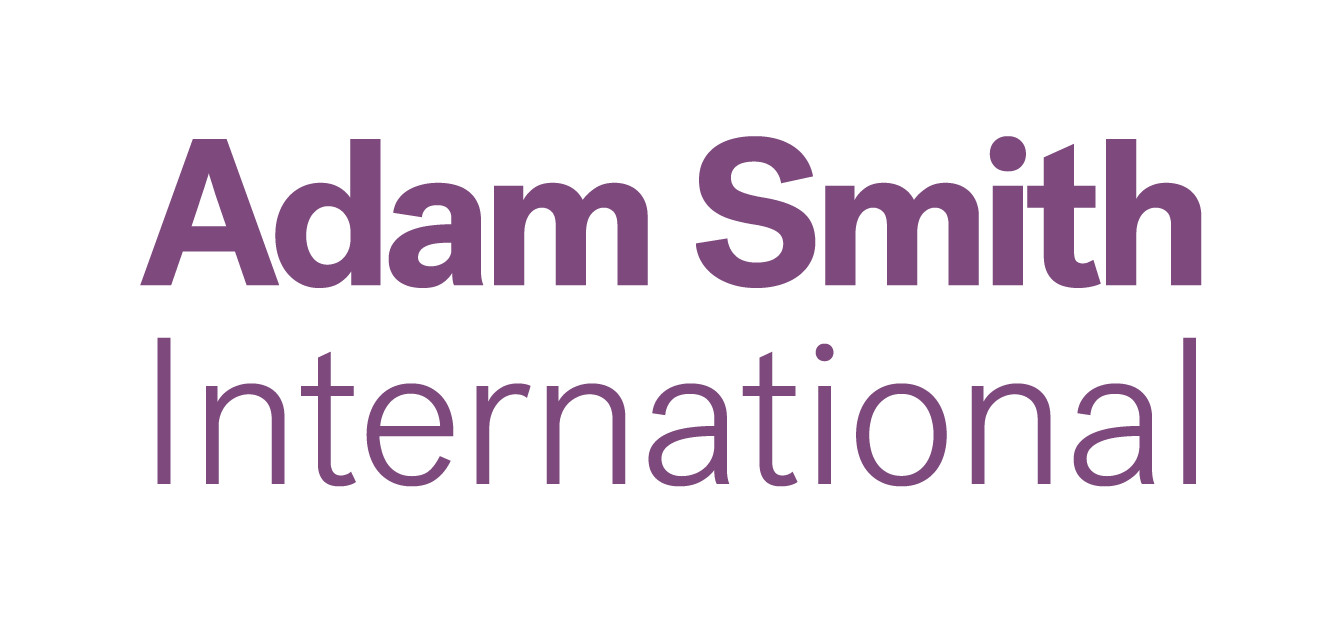

Adam Smith International

London Borough of Southwark, United Kingdom
September 2019
Management consultant - for-profits
Service with Minor Environmental Footprint
Australia,
Congo The Democratic Republic Of The,
India,
Kenya,
Mali,
Netherlands The,
Nigeria,
Pakistan,
Papua New Guinea,
Solomon Islands,
Somalia,
Thailand,
Timor-Leste,
United Kingdom,
United States,
Vanuatu
Adam Smith International is global advisory company that works locally to transform lives by making economies stronger, societies more stable, and governments more effective. They work on behalf of governments, foundations and companies that share their ambition to take on the big challenges facing the world. They believe they can achieve more in partnership with others than if they acted alone. For nearly three decades in almost 100 countries, they have partnered with governments, business and civil society organisations to create and deliver custom-made solutions, even in some of the most complex, challenging and fragile environments. As an employee-owned company that works in countries at all stages of development, Adam Smith International has a triple bottom line of financial, social and environmental accountability. Their core team of staff and technical experts, in multiple offices around the world, ensure the quality of delivery and high ethical standards that their clients require.
Overall B Impact Score
Governance 19.7
Governance evaluates a company's overall mission, engagement around its social/environmental impact, ethics, and transparency. This section also evaluates the ability of a company to protect their mission and formally consider stakeholders in decision making through their corporate structure (e.g. benefit corporation) or corporate governing documents.
What is this? A company with an Impact Business Model is intentionally designed to create a specific positive outcome for one of its stakeholders - such as workers, community, environment, or customers.
Workers 20.4
Workers evaluates a company’s contributions to its employees’ financial security, health & safety, wellness, career development, and engagement & satisfaction. In addition, this section recognizes business models designed to benefit workers, such as companies that are at least 40% owned by non-executive employees and those that have workforce development programs to support individuals with barriers to employment.
Community 11.2
Community evaluates a company’s engagement with and impact on the communities in which it operates, hires from, and sources from. Topics include diversity, equity & inclusion, economic impact, civic engagement, charitable giving, and supply chain management. In addition, this section recognizes business models that are designed to address specific community-oriented problems, such as poverty alleviation through fair trade sourcing or distribution via microenterprises, producer cooperative models, locally focused economic development, and formal charitable giving commitments.
Environment 2.6
Environment evaluates a company’s overall environmental management practices as well as its impact on the air, climate, water, land, and biodiversity. This includes the direct impact of a company’s operations and, when applicable its supply chain and distribution channels. This section also recognizes companies with environmentally innovative production processes and those that sell products or services that have a positive environmental impact. Some examples might include products and services that create renewable energy, reduce consumption or waste, conserve land or wildlife, provide less toxic alternatives to the market, or educate people about environmental problems.
Customers 61.2
Customers evaluates a company’s stewardship of its customers through the quality of its products and services, ethical marketing, data privacy and security, and feedback channels. In addition, this section recognizes products or services that are designed to address a particular social problem for or through its customers, such as health or educational products, arts & media products, serving underserved customers/clients, and services that improve the social impact of other businesses or organizations.
What is this? A company with an Impact Business Model is intentionally designed to create a specific positive outcome for one of its stakeholders - such as workers, community, environment, or customers.